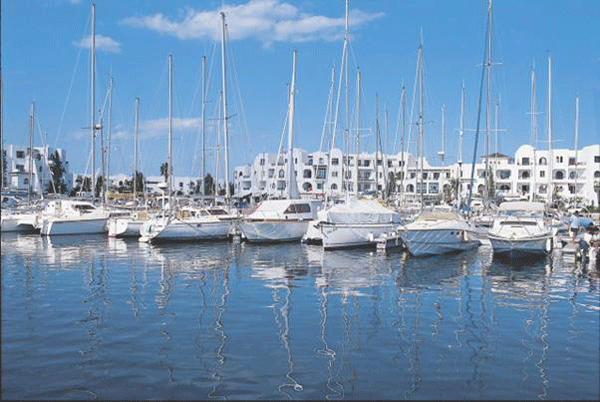Tunisia wins independence on March 20, 1956
There are special moments in the history of Nations with vital importance for the future of their people. Among those dates all Tunisians commemorate with pride and recognition for those who were in the front line of the struggle, the 20th March 1956.
In fact, this day marked the full independence of Tunisia which put an end to 75 years of occupation and laid down the foundation of a modern Nation which chose the Republic as political regime.
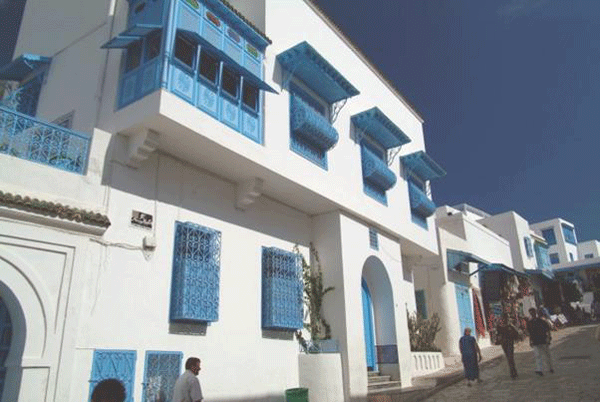
The founders of the modern state and among them late Habib Bourguiba who was the first president of the Republic after the Independence, who devised their development policies on education, healthcare, women empowerment which did not impede the recrudescence and persistence of the regional disparities in the country because of failing in adopting the right economic and social model.
This coupled with rampant corruption, lack of political and press freedom, surge of unemployment has led to the December 17, 2010 ? January 14, 2011 Revolution that has toppled one of the most ruthless dictatorships. It was a leaderless spontaneous movement triggered mainly by Tunisian youth which sparked an irreversible process that swept away the old stereotypes and introduced a new narrative for social peaceful mobilization...
Four years later, Tunisia is gloriously out of a transitional period through raising all challenges. And now, Tunisia is considered internationally as a model for peaceful democratization.
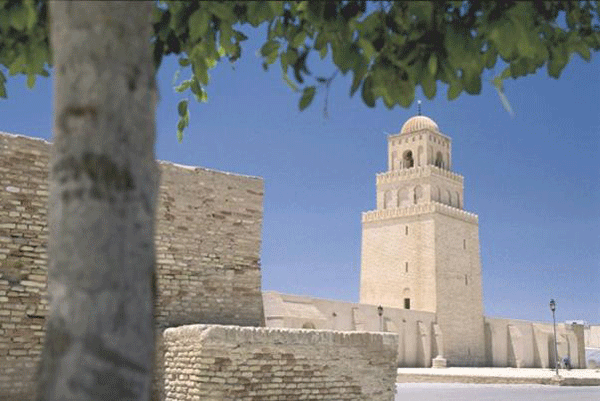
Firstly, Tunisia managed to adopt a modernist and consensual new constitution through a genuine process impregnated with dialogue and consensus that involved all political parties. This dialogue was triggered and entertained by a vibrant and proactive civil society namely the “quartet” which includes the Labor Union (UGTT), the Business Union (UTICA), the Bar Order and the League of Human Rights (LTDH).
Accordingly, an Independent electoral body (ISIE) was set-up and led to the organization of the first ever free fair and transparent legislative and presidential elections heralding the passage of Tunisia to the durable institutions and henceforth to a sustainable political stability.
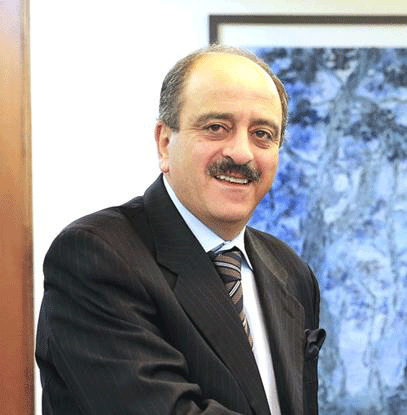
The newly installed government approved by a large majority in the parliament has already set its priorities for the short to medium run including those related to security, social peace and improving the business environment to concentrate afterward on the design of an economic and development strategy for the long term. Furthermore, the government has set up an urgent plan to smoothly and swiftly implement all in this regard, the government has already submitted to the approval of the Assembly of the Representatives of the Tunisian people several draft laws tending to establish key institutions under the new constitution including those pertaining to the protection of human rights and the independence of the judiciary as well as several drafts of economic and financial laws to improve the business climate and attract foreign investors as in the investment code, the PPP act, the recapitalization of state owned banks…
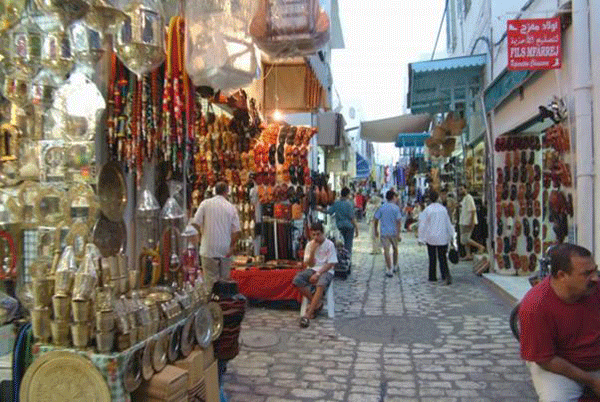
I believe that given these positive developments, cooperation between Tunisia and its partners are expected to step up in terms of diversification and volume of trade exchange and investment flows.
As a matter of fact, the U.S. Department of State with the support of the American Chamber of Commerce in Tunisia and Partners for a New Beginning ? North Africa Partnership for Economic Opportunity (PNB-NAPEO), has organized an Investment and Entrepreneurship Conference in Tunis on March 5, 2015 under the theme "Building strategic partnerships". More than 300 international participants from the business community, civil society and governments have attended the conference among them the U.S. Secretary of Commerce Penny Pritzker who led a delegation of senior U.S. government officials and representatives from the American business community.

The conference has highlighted the regional investment opportunities; Tunisia’s potential as a Maghreb hub connecting Africa to Europe and the United States, and innovative finance as a tool for economic growth.
This conference was preceded by the International Conference under the theme "Invest in Tunisia, Start-Up Democracy" organized on September 8, 2014 in Tunis by the Government of Tunisia in collaboration with the French Government and in which South Korea has participated by a delegation led by the KOICA Vice President.
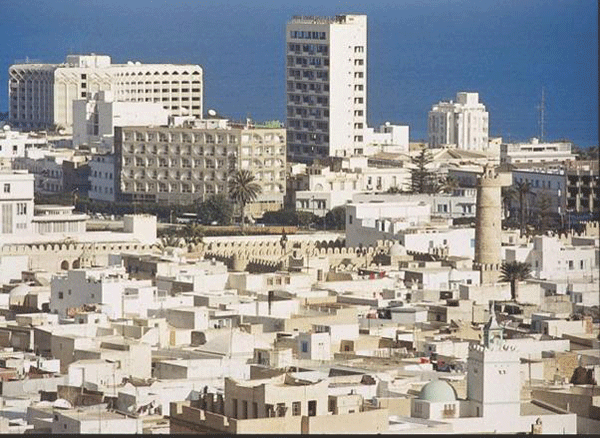
The scope of cooperation with Korea is also expected to be more than promising. The volume of trade exchange between the two countries has been for last three years around 350 million USD per annum with a more balanced trade account and more diversified exchanged items.
Building up on the several visits of Korean parliamentarians to Tunisia in 2013, 2014 and 2015 as well as the efforts being made by the Tunisian Embassy in Seoul, the cooperation between Tunisia and Korea has been diversifying to encompass sectors covering ICTs, environment and green growth, healthcare…The Korean investors and private sector are more and more interested in the Tunisian market with a special focus on projects in the fields of infrastructure and ICTs such water desalination stations, electricity, renewable energy, and digital economy…
